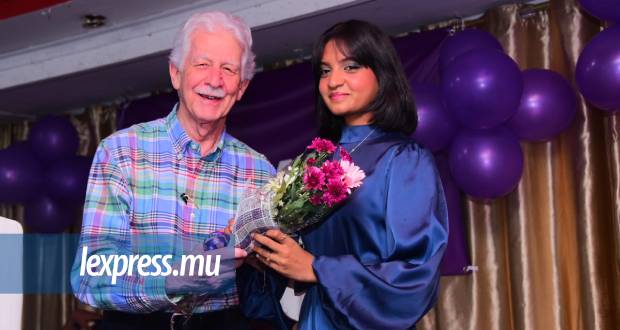Publicité
Benazir Bhutto - Reconciliation: Islam, Democracy and The West
Par
Partager cet article
Benazir Bhutto - Reconciliation: Islam, Democracy and The West


After her autobiography Daughter Of The East (1988), Benazir Bhutto authored a second book titled Reconciliation: Islam, Democracy and The West (2008) only a few weeks before her assassination. It is alas posthumously a book of enormous intelligence, fortitude and clarity. It is the best written and most persuasive interpretation of Islam. She denounces Islamic extremism and advocates a tolerant view of her religion. Nowhere is written in the Koran that violence and fanaticism are the religious philosophies of Islam. It is a religion of peace and brotherhood. The author makes readers discover the values of tolerance and justice that lie at the heart of her religion. The message of Islam is that of peace and tolerance but fanatics have exploited and manipulated the religious doctrine for their own ends. Fundamentalists have distorted it for political motives. Islam is known to be inherently peaceful.
Benazir Bhutto persuasively argues and drives home that the US and Britain had conspired and contributed to the fuelling of radicalisation by supporting groups to fight against Russia during the invasion of Afghanistan. She was convinced that the west, by supporting dictators, had contributed to the frustration and extremism that led to terrorism. She traces the roots of international terrorism across the globe. The US played a dirty role in its support for the Pakistani General Zia-ul-Haq who annihilated political parties, destroyed the independence of the judiciary, violated human rights and brought the radicalisation of the Pakistani Intelligence Agencies in line with the Afghan mujahideen. She delineated an image of modern Islam that challenged the negative caricatures often projected in the west. She believed that fundamendalism bred poverty and fanaticism.
“She was convinced that the west, by supporting dictators, had contributed to the frustration and extremism that led to terrorism.”
The book is divided into six chapters. The first chapter chronicles her triumphant return to her homeland on 18 October 2007 after eight long years of exile leaving behind her two daughters Bakhtawar and Asseefa in Dubai and her son Bilawal in a college in Oxford. She wrote grippingly that she had become accustomed to a life of sacrifices and abnegation. But little did she realise that she was going to her untimely death like her father Zulfikar Ali Bhutto who was executed some decades ago. Amid dangers and tumults, crowds of three million supporters welcomed her in her historic return to Karachi but a few perturbers infiltrated to the crowd and made an attempt on her life. One hundred and seventy nine of her supporters lost their lives in this carnage. But she continued to forge ahead, with more determination and boldness than ever for she knew that it was a race against time for her country. The second attempt was going to be deadly to her
In another illuminating chapter, she responds firmly to the argument of doom and gloom of Samuel Huntington’s The Clash of Civilisations. She was imbued with rationalism, tolerance and progressivism. Benazir Bhutto was a child of both east and west: intelligent, erudite and charismatic. It was not easy for a woman to assert herself and emerge in a patriarchal society like that of Pakistan. Her education at Oxford and later at Harvard had moulded her into an open-minded and audacious Muslim woman who forged her way in a war-torn Islamic country to become its prime minister like her father. She wrote about Iran, Algeria and Pakistan from a non-western stance pinpointing with accuracy the corrosive role of the west. Her dream was to stem the tide of Islamic radicalism and to rediscover the Islamic values of peace, tolerance and justice that form its foundation.
Democracy, she wrote forcefully, will rescue Pakistan from its dangerous labyrinth. But unfortunately, she died at the hands of fundamentalism and terrorism. Benazir Bhutto, like Indira Gandhi, will go down in history as a courageous leader who risked her life and paid the ultimate price. After reading Reconciliation, we come to realise what the world has lost by her assassination.
For more views and in-depth analysis of current issues, subscribe to Weekly for as little as Rs110 a month. Free delivery to your door. Contact us: touria.prayag@lexpress.mu
Publicité
Les plus récents






